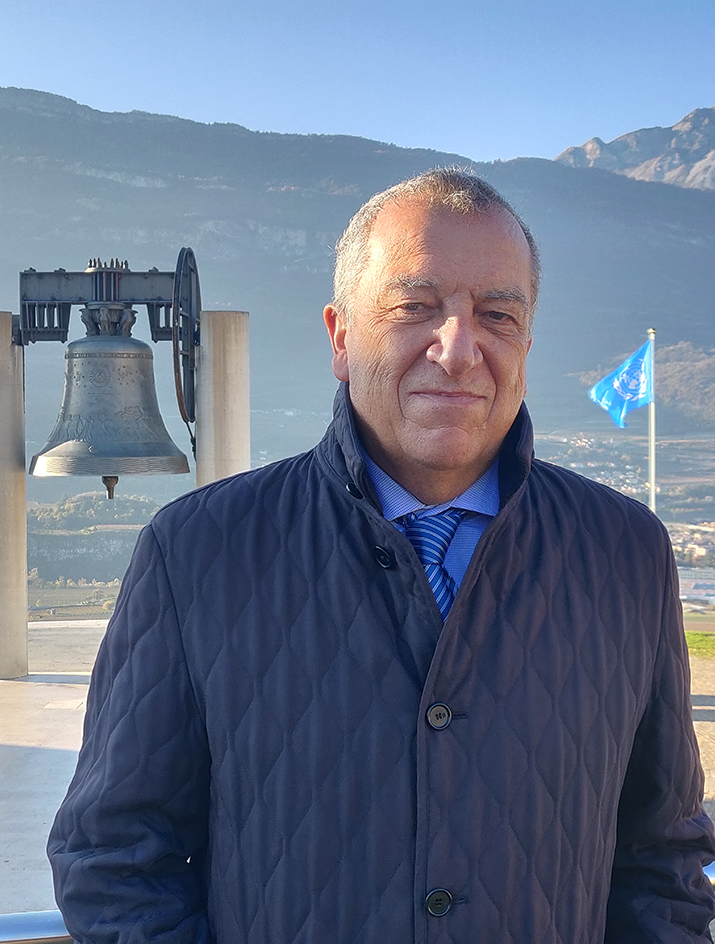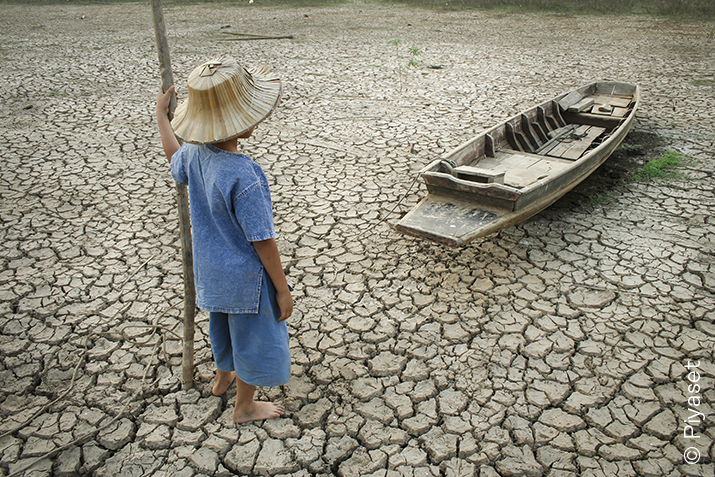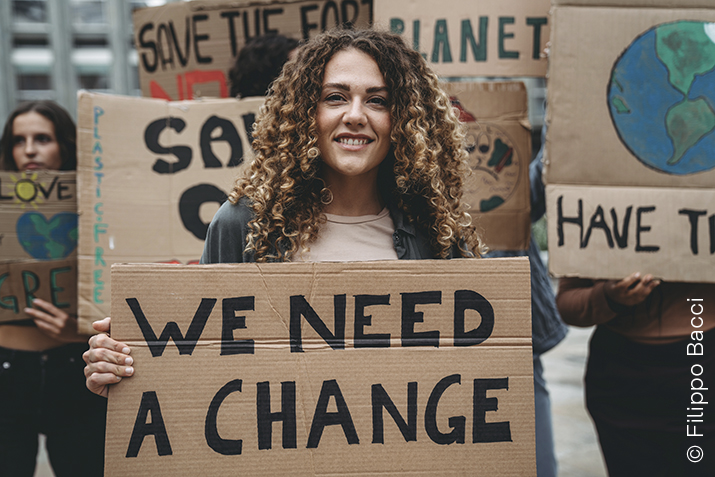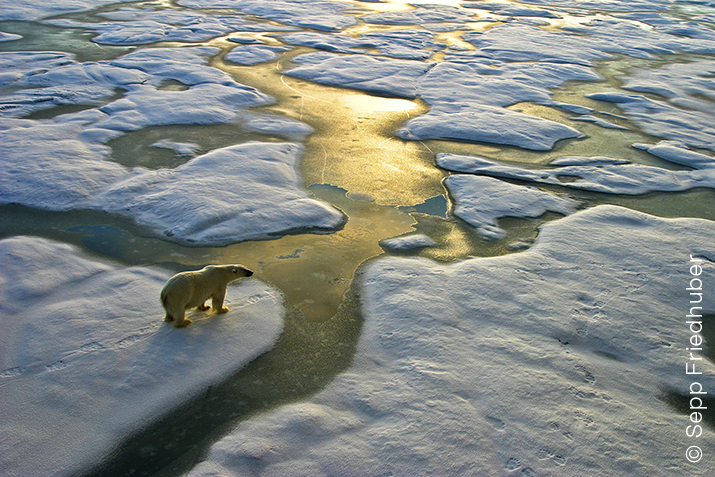Against the backdrop of the hottest summer ever recorded in southern Europe and the Mediterranean basin since the establishment of statistical records (accompanied in the north of our country by weather phenomena, such as cloudbursts and tornadoes, which are opposite but equally extreme), this month's editorial will consist of deliberately concise references to some of the main topics of international current affairs.
The one at the top of the agenda is the climate dossier, as it is impossible to ignore the statements by UN Secretary General, António Guterres, who said that “The era of global warming has ended. The era of global boiling has arrived”. Coming from the multilateral body “par excellence”, repository of the historic Paris Convention of 2015, this is a cry of alarm of extraordinary intensity, moreover accompanied by national appeals of similar concern. In the case of Italy, both President Mattarella (signing with 5 other Heads of State a joint declaration on the subject) and a large group of scientists, led by Nobel Prize winner for Physics Giorgio Parisi, have made themselves the authoritative interpreters of this through an 'open letter' to the media.
Central aspects of the latter are the need to proceed with the rapid elimination of fossil fuels, replacing them with renewables, and the need to increase public funding to combat geological disruptions. In view of the urgency of the matter, the well-known internal polemics agitating the government and the parties at this time over the most appropriate source of funds to be allocated to this sector (whether from the NRP or other sources) appear captious and difficult to understand.
Turning to the Russian/Ukrainian conflict, after more than a year and a half of fighting, the situation on the ground evokes, the geographically corrected title of a famous novel by Erich Maria Remarque. On that front, unfortunately always characterised by a high number of victims and immense destruction that does not spare places of worship and historical monuments, the two opposing sides appear to have long been locked in a costly war of attrition that does not allow us to see winners and losers emerge in the short/medium term. The idea of an almost impenetrable “wall-to-wall” is well conveyed by the US intelligence analysis, according to which the three months of Ukrainian counter-offensive have resulted in the reconquest of a very modest area of national territory, equivalent to our island of Elba.
As mentioned in the previous editorial, in order to emerge from an increasingly dramatic no-holds-barred recourse to arms, the most promising flame of hope (with at the same time, an increased activism on the part of the Arab world) seems at the moment to be the Peace mission entrusted by Pope Bergoglio to the President of the Italian Bishops' Conference (Cei), Cardinal Zuppi. It does not seem justified in itself to draw negative conclusions from the circumstance that after the stops in Kiev, Moscow and Washington (which were also much emphasised in the media) the initiative seems to have lost some of its intensity (moreover, a forthcoming mission to Beijing has been considered). Indeed, it is well known that Vatican diplomacy is used to making discretion and confidentiality two key components of its modus operandi.
The decision to suspend the implementation of the “grain agreement” is closely linked to the previous theme. Announced in mid-July by the Moscow authorities, it was concluded exactly one year ago with the Ukrainian counterparts, thanks to the essential mediation of Turkish President Erdoğan. An agreement, as is widely known, that saw as beneficiaries a number of African countries at risk of bankruptcy, as such unable to acquire at market prices the precious cereal needed to feed their countrymen.
A few weeks after the announcement, a new edition of the Russia/Africa Summit, held in St. Petersburg at the initiative of President Putin, allowed the Kremlin leader to show off, once again, his well-known cynicism with the announcement that for 6 African countries (those, obviously, most closely aligned with Moscow) the supplies would continue, even at zero cost, with the suspension applicable to the other former beneficiaries, clearly not considered sufficiently “loyal”.
Moreover, Russian influence on the “Dark Continent” was confirmed at the end of July by the coup d'état in Niger - one of the lowest income countries in the world but, until a few days ago, the only democratic regime in the entire Sahel area - which led to the ousting of elected President Bazoum in favour of the former head of the presidential guard, General Tchiani. While the Kremlin has denied any direct involvement in supporting the rebels, the presence in the country of substantial units of the infamous “Wagner militia”, the mutineers' ostentatious display of Russian flags, and the vocal intention of the new Niger leadership to break free from “Western” models, proves exactly the opposite.
On the subject of the “Wagner militia”, the airplane accident, the circumstances of which have not been fully clarified, in which its military leaders (including the founder and undisputed leader Prigozhin) fell victim on 23 August, suggests, as an immediate consequence, the rapid reabsorption of all the “irregular” units, which have had margins of autonomy up to now, within the structures strictly subordinate to the Russian Ministry of Defence and, ultimately, to the Kremlin.
This round-up concludes with the reference to Prime Minister Meloni's first visit to Washington since her inauguration at Palazzo Chigi, and the talks she had with President Biden and other influential members of the US establishment. Following the mission, the “perplexities” openly manifested after the formation of the new Italian government by both the White House and Congress appear to have been definitively withdrawn and replaced by the ascertainment of the existence of very strong convergences between the two capitals, first and foremost the unequivocal Italian commitment to political and even military support, in favour of Kiev.
The talks at the White House certainly did not overlook the role of prestige, but above all of great responsibility, that awaits Italy in 2024 in the exercise of the G-7 Presidency. In fact, the annual summit of the most industrialised countries on the planet is traditionally called upon to manage the priorities of the moment in the political, economic/financial and social spheres, with the duty of the Presidency in office being to both concretely identify these macro-issues and to enable the necessary shared agreements to be reached on each of them.
Another delicate international engagement will take place more or less in the same time frame (end of 2023) - and this is the final consideration -, the Prime Minister's visit to the People's Republic of China (PRC). Inevitably, it will be within this framework that President Xi Jinping will be officially made aware of Italy's decision not to renew its participation in the 'Belt and Road Initiative' (New Silk Road), which our country (the only one among the G-7 members) had joined in 2019 with great media hype (and, it is believed, with insufficient knowledge of the initiative's contents), under strong pressure from Beijing. This is, also in terms of form, an extremely sensitive announcement, in which the proper defence of national interests (underlying the decision to withdraw from the agreement) will have to be carefully balanced against the need to “limit the damage” in future dealings with the Asian giant, a partner that is in any case indispensable.
Reggente Marco Marsilli, Foundation President










